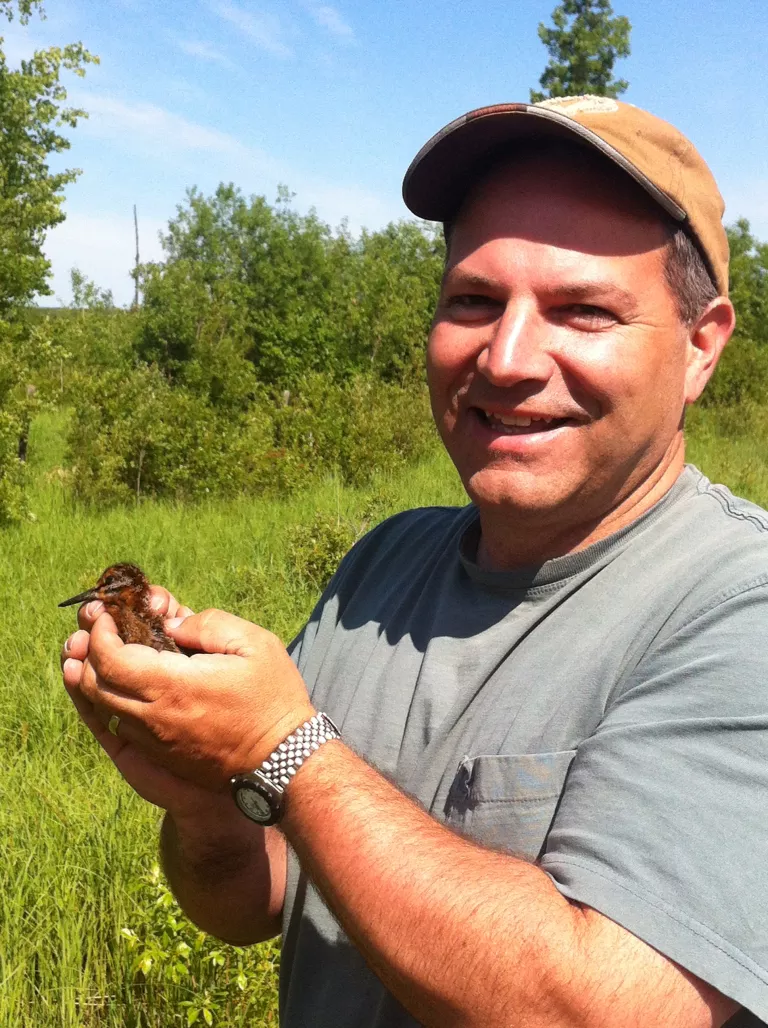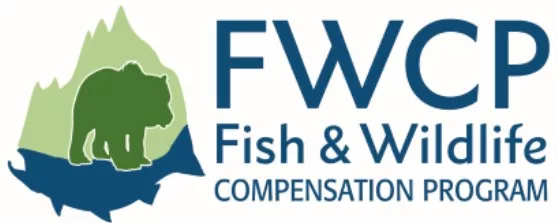NRESi/FWCP colloquium: Efforts by industry to reduce impact on migratory birds in northeastern BC. Mark Phinney, RPBio, RPF

The boreal forest is extremely important to North American birds, with hundreds of species and billions of individuals nesting or migrating through the boreal forest. The Peace River area of BC is at the southern edge of the boreal zone and is particularly rich in bird life, with a mix of species from north, south, east & west. Local survey results show a population decline in many bird species, and this is supported by regional and national data. Causes for these declines are unclear, but likely involve a range of factors on breeding, migration and wintering grounds. In general, habitat conditions in the boreal forest have been less affected by human activities than migration and wintering areas, but the southern edge of the boreal forest zone is an exception. Locally, there has been substantial loss of wetlands, natural grasslands, and old forest to industrial and agricultural development. There are provincial regulations and industry-specific guidelines that maintain or protect habitat for nesting birds. In addition, there are federal and provincial regulations that prohibit the destruction or disturbance of bird nests and eggs. It is difficult for any industry operating in potential bird nesting habitat to fully comply with these prohibitions, and responses to the issue vary widely. Two examples of innovative approaches are discussed: a Calgary-based oil & gas exploration company active in the Peace River area has a multi-step policy to reduce impact to nesting birds, based on a series of habitat models for selected bird species, combined with local knowledge of nesting chronology and timing restrictions. A consortium of forest companies active in the BC interior has also created habitat models based on overall bird density, and involves a variety of potential best management practices that are enacted based on the ranked value of forest stand types that will be affected. Pros and cons of each approach are discussed.
Mark Phinney is a professional forester and wildlife biologist who has lived and worked in the Dawson Creek area for nearly 20 years. Mark grew up on the east coast, mainly in New Brunswick, and has been interested in wildlife since a very young age. He credits his grandmother with sparking his interest in birds. Mark graduated from the University of New Brunswick with a Bachelor of Science degree in Forestry-Wildlife. After working in New Brunswick for a couple of years, he headed west to BC and worked as a wildlife biologist at Industrial Forestry Service Ltd. in Prince George for eight years. During that time, Mark spent numerous field seasons in the Dawson Creek area and was awed by the distinct and varied bird community found in this part of the province. He hoped to be able to spend more time in the area, and that opportunity came in 1999 when he joined Louisiana-Pacific Canada as their District Biologist for the Dawson Creek office. Over the next 14 years, Mark was responsibilities for all issues related to forestry and wildlife at LP, including several bird-related projects. In 2013, Mark changed gears and joined Encana Corporation as Senior Environmental Advisor in the Dawson Creek office. With his wealth of local experience, Mark has helped industrial proponents address the regulatory requirements that protect wildlife and habitat while seeking a balance between industrial development and environmental protection. Mark's recreational activities also include..... birds. Among other things, he is the compiler for the Dawson Creek Christmas Bird Count, he conducts an annual Breeding Bird Survey route near Swan Lake, is a contributor to ebird, and an occasional guide for visiting birders. Mark was heavily involved in the BC Breeding Bird Atlas project, where he served as Regional Coordinator for the Peace area, a member of the Steering and Technical Committees, and author of several species accounts for birds found in northeastern BC.
To participate in this presentation remotely please type the following URL into your browser. https://bluejeans.com/225361849

This project is funded by the Fish and Wildlife Compensation Program on behalf of its program partners BC Hydro, the Province of BC, First Nations and the public, who work together to conserve and enhance fish and wildlife impacted by existing BC Hydro dams.
Contact Information
Al Wiensczyk, RPF
Research Manager,
Natural Resources and Environmental Studies Institute
(250) 614-4354
Email: Al.wiensczyk@unbc.ca